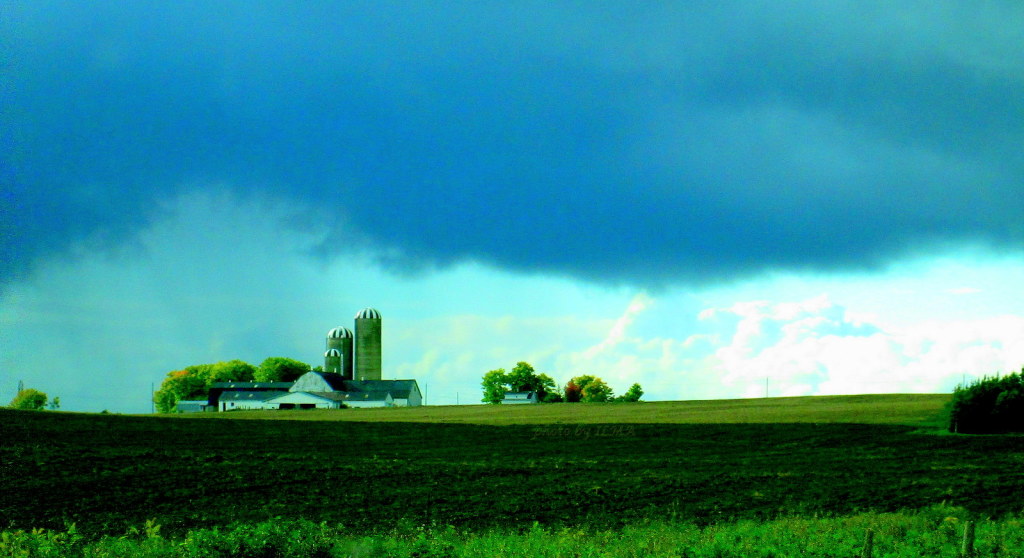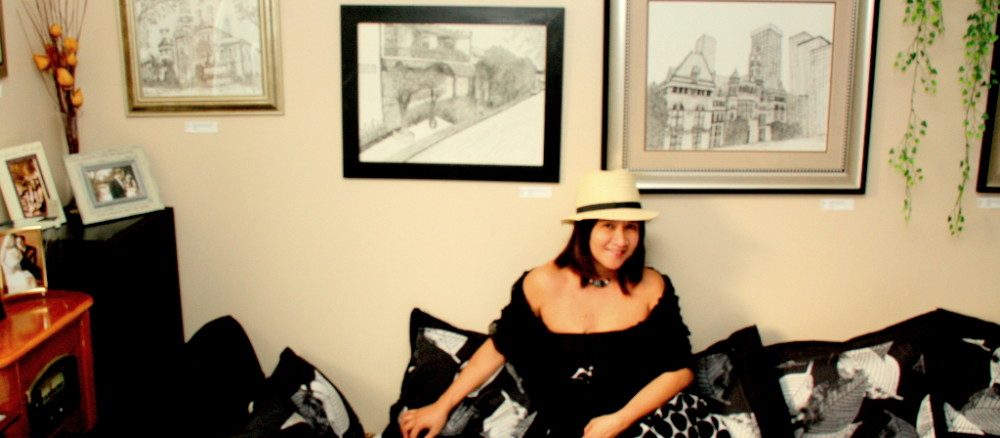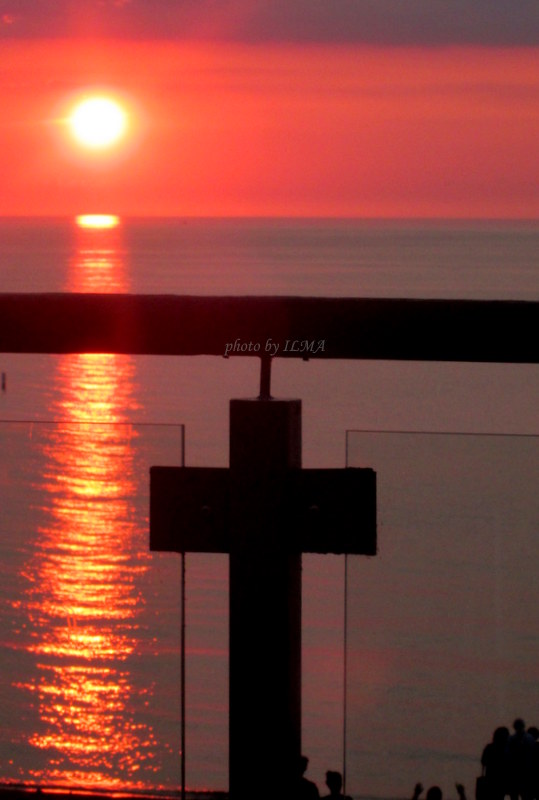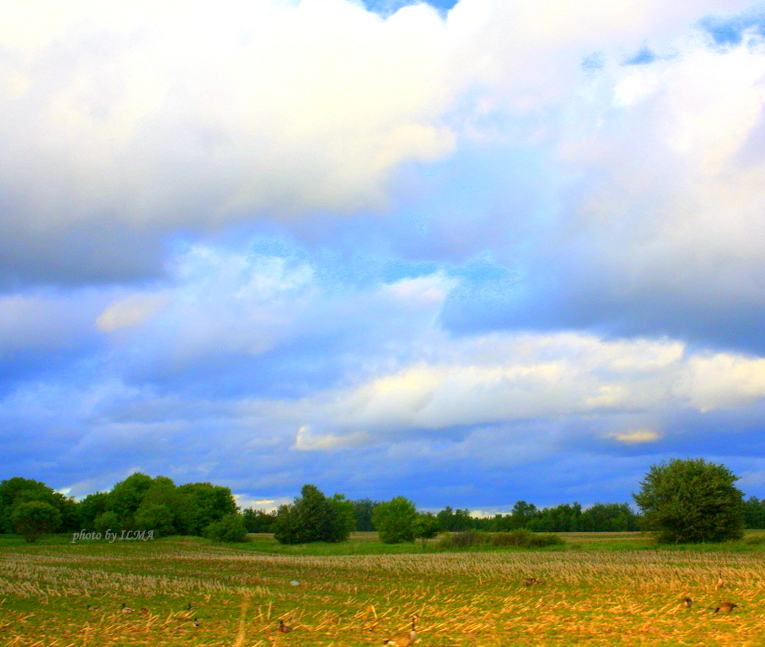EXODUS 4
18 Moses went back to Jethro his father-in-law and said to him, “Please let me go back to my brothers in Egypt to see whether they are still alive.” And Jethro said to Moses, “Go in peace.” 19 And the Lord said to Moses in Midian, “Go back to Egypt, for all the men who were seeking your life are dead.” 20 So Moses took his wife and his sons and had them ride on a donkey, and went back to the land of Egypt. And Moses took the staff of God in his hand.21 And the Lord said to Moses, “When you go back to Egypt, see that you do before Pharaoh all the miracles that I have put in your power. But I will harden his heart, so that he will not let the people go. 22 Then you shall say to Pharaoh, ‘Thus says the Lord, Israel is my firstborn son, 23 and I say to you, “Let my son go that he may serve me.” If you refuse to let him go, behold, I will kill your firstborn son.’” – Exodus 4:18-23
EXODUS 4 MOSES’ RETURN TO EGYPT
A poem by ILMA inspired by these verses
After a lot of convincing by God, Moses finally obeyed the Lord
He asked Jethro’s permission to leave with his household
Jethro gave Moses his approval and send him peace
He took his wife and his sons and left Midian to proceed.
In this account, we still witness God’s loving protection and provision for Moses. He informed him that those people who wanted him dead were all dead by that time. But Moses was reminded again that he has to do what he asked of him. He needs to see to it that Pharaoh and the Israelites know who his One true God is. Through the miracles that he gave Moses, he will manifest his power and might. He also reiterated to Moses that he will harden Pharaoh’s heart and will give him a hard time. In other words, Moses was truly prepared by the Lord to face all these obstacles that will come his way as he is directed to deliver the Israelites out of Egypt. But I don’t think Moses had any idea how big the task ahead of him was to deliver very rebellious and hard-hearted people. As we all know how the story ended, the few months journey out of Egypt turned into a forty years journey. Because of grumbling, unbelief and idolatry, God’s people were in the wilderness journey for decades.
REFLECTION
- What do you think was going on in Moses’ mind as he travelled back to Egypt?










